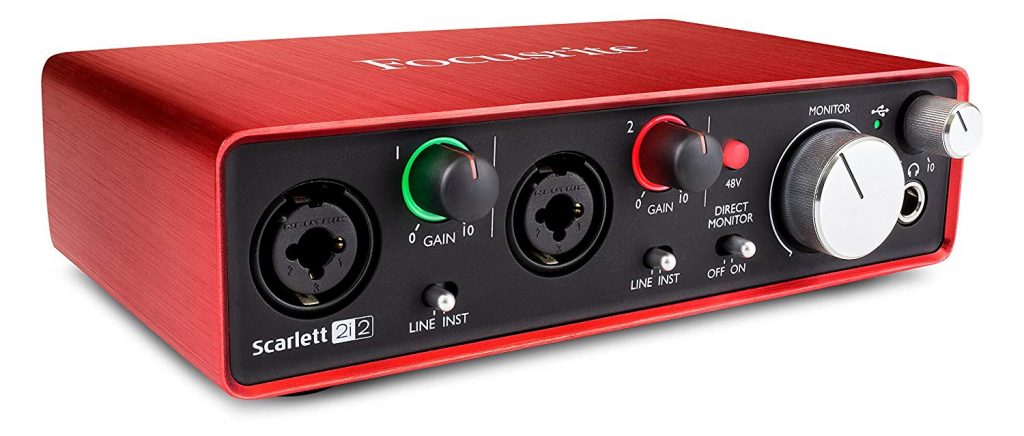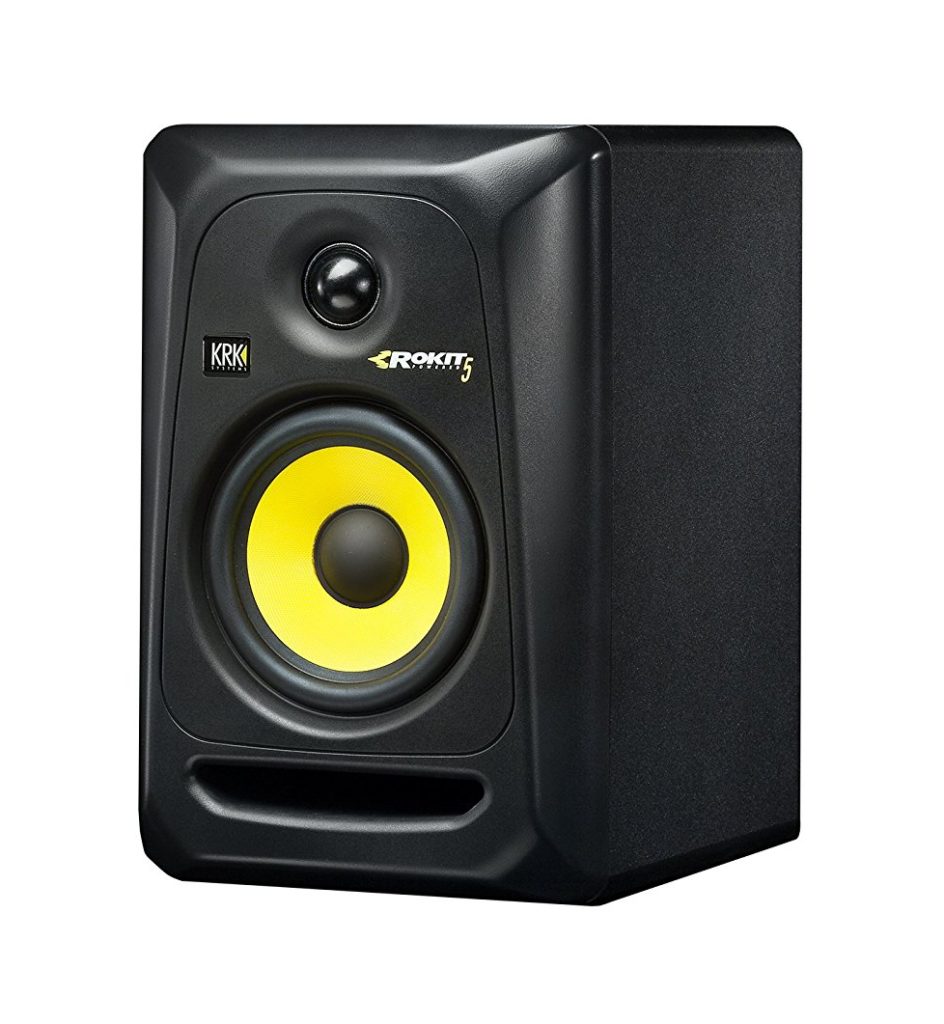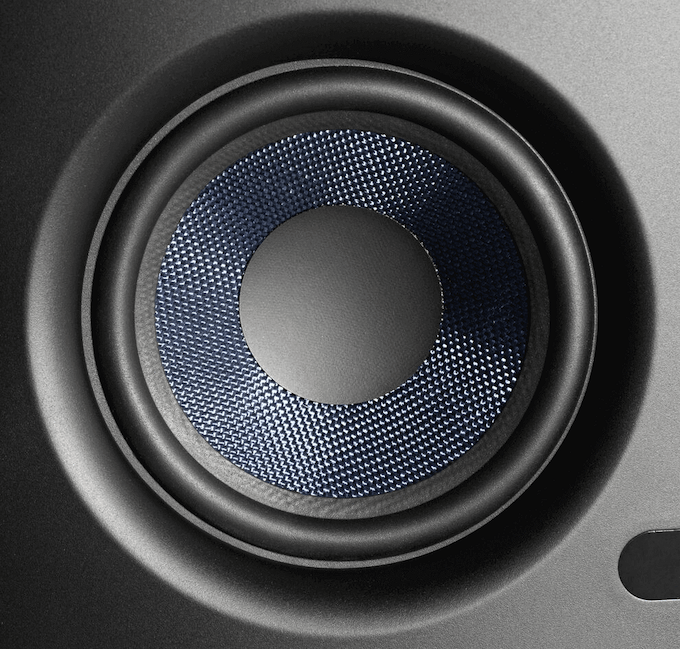What Makes You a “Real” Music Producer?
The Debate
Over the years as technology has evolved and the role of the typical music producer has shifted, the definition of what a music producer is has never been more controversial.
The one thing people can agree on in the music world is that a music producer (as its name would suggest) must play some role in producing music. To what extent that role should be to qualify you as a “real” music producer and what “producing” really means, is where many debate.
The debate of what a “real” music producer is can specifically be a sensitive topic among seasoned and experienced professionals, particularly those with an experienced background in music performance and composition. For example, a producer who plays a direct role in composing, arranging, recording, editing, mixing and mastering for a music project may feel like it is only from the combination of these various roles and years of experience in music, that they became “worthy” of the title music producer.
They might observe another person who claims they are a music producer merely after downloading some software and creating a few beats on their computer, having little knowledge of the production process or music in general. Often, they will consider this person not a “real” music producer, having not put in the work and built the experience and knowledge that they believe you must possess to “earn” the title of music producer.
Music production is an art and like many other arts that people pour their hard work and passion into, there comes a lot of pride. So, it is only natural that there would be a lot of contention on the subject of what really makes you a music producer.
Although the debate of what it should take to be named a music producer is not likely to end, especially with the continuing growth of technology which makes it increasingly easier for the newcomer to create music, there are indeed some conventional roles that a music producer takes on.
The Main Role
The main role of a music producer, especially in the music industry where a producer often works with teams of various professionals, is to be the project manager and oversee the project, whether it be a song or record, from start to finish.
This can mean many various tasks coming directly from the producer. However, the producer often delegates and assigns specific tasks to the professionals who specialize in them. Producers have varying skills and different styles of work, including their own involvement and who they delegate tasks to.
The Artistic Music Producer
Some producers like to step deep into the process, composing music, mixing, playing a more artistic role in the creative process. They work with the singers and musicians directly. They can be a mentor and leader, or be serving the demands of the artist more. It’s a collaborative process. While they are still overseeing and managing the project, they are directly influencing the sound on the record.
Perhaps they think a part should be sung softer by the vocalist, perhaps they have a guitar melody they would like to see added in or they have a particular style of mixing they want on the record. They give feedback and there’s a constant dialogue between the artists and the producer. This type of producer has tremendous amount of direct influence on the composition of the music.
The Executive Music Producer
Other producers, particularly ones who take a more executive approach, often play exclusively a support and management role. While every decision may have an influence on how a record or song turns out, they are less directly involved in the creative process.
Their job may be more limited to providing the funding for the project, hiring people, managing the staff, gathering talent. They help bring ideas into reality. They may delegate most of the creative process out to those who they think are best fitted for the project and maintain a more passive role themselves.
This type of producer, interestingly enough, may have very limited knowledge in the art of music production and know much more about the “business” of music production. The tasks they delegate out are often more specialized, it’s not uncommon to have individual composers, performers, recording engineers, mix engineers, mastering engineers, teams of people working together in a very systematic way.
Overall, the larger the project, the more the producer will usually delegate tasks to specialized professionals. If a producer is working for a major label, millions of dollars can easily be at stake, and you want the most efficient workflow with the greatest talent you can find to create the best product.
However, most of us are not big-time music producers and don’t work for a major label or with teams of people.
Many of us, however, dream of becoming great music producers and as technology has evolved, making music production more convenient and affordable, there is a new generation of aspiring producers. Many people, especially young people, with no background in music, are flocking to learn the art of music production and follow their dream.
As a result, there are more independent music producers emerging and the modern independent music producer looks quite different than the classic music producer working for a major label.
The Independent Music Producer
The independent music producer typically works without a label, manager or publisher, dodging many of the restraints that come along with that. They are self-made and often self-taught. Many flourish with little more than a laptop and headphones. They may be doing freelance work or just producing for themselves. Often they are a musician or “beatmaker” that writes, arranges, performs, records, mixes, masters, publishes and markets their own productions.
The skills they possess and the tasks they perform vary just like they do with a major label producer. For example, although they may write, compose and arrange their music without the help of others, when it comes down to mixing and mastering, it can be common for them to seek professional services.
But overall, the independent music producer has the power to create their own success.
The internet has provided a platform for independent producers to reach out to millions, marketing and selling their own music without the help of any major label or publisher. It is also much easier to learn and collaborate with others. When it comes to learning, it can be debated that nothing trumps actually working in a professional studio environment, but as far as information available to help you develop as a producer, nothing seems to beat the internet.
The independent producer also usually develops a well-rounded skill set and can often go on to specialize in a certain area such as mastering, as a profession. The days of learning everything by starting at the bottom, working in a major professional studio, are no longer necessary.
Many people may debate about what makes you a real music producer and that debate isn’t likely to disappear anytime soon. Music producers from the new digital world will only continue to increase in numbers. As that happens, music will also evolve accordingly. New producers will define the evolution of music.
It Comes Down to Perspective
Every aging generation tends to think less of the younger generation’s music. This can be traced back to every decade in music. For example, there are many people today who consider the 1960s to be a golden age of music, but at the time, many older people who grew up with swing, big band and jazz, looked down upon it.
They had criticisms questioning the musicality and depth of the younger generation’s music and those same criticisms continue today. And many who were apart of the young generation of the 1960s who were criticized, now criticize today’s generation. This pattern is found again and again. It has happened with hip-hop, country, electronic dance music. Sometimes the generational gap of this criticism can be as little as 15 years.
At the end of the day, music continually evolves and thus, attitudes about what “real” music is, and what a “real” music producer looks like. It will always be subjective, but as long as you are directing the creation of music, either through yourself or others, being effective and remaining passionate about what you do, that’s all that matters. But, whatever it is..
Just Keep Producing.
Want to improve yourself as a music producer? Check out our top 10 books to make you a better music producer.





















This month marks the 50th anniversary of the release of the velvet underground nico, one of the few albums that deserve the overused term seminal. Across…
causes of test anxiety psychology
Medicine congenital heart defect congenital disorder anoxic brain injury symptoms